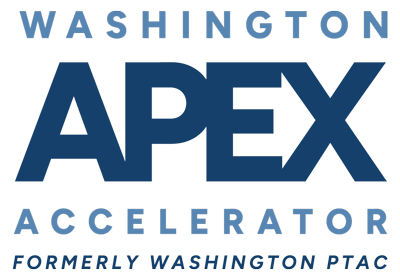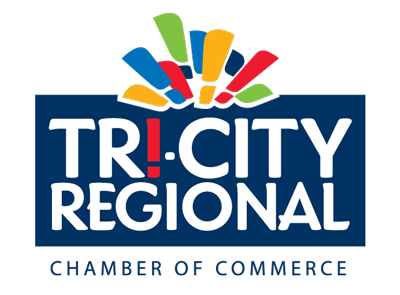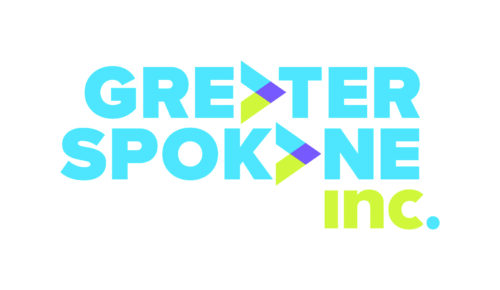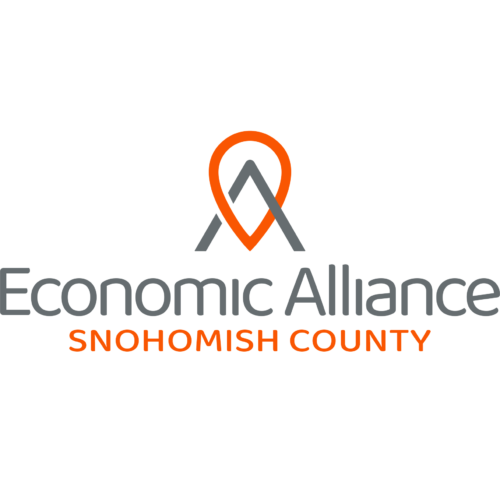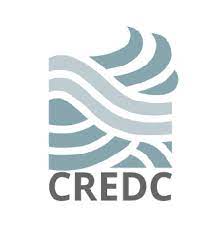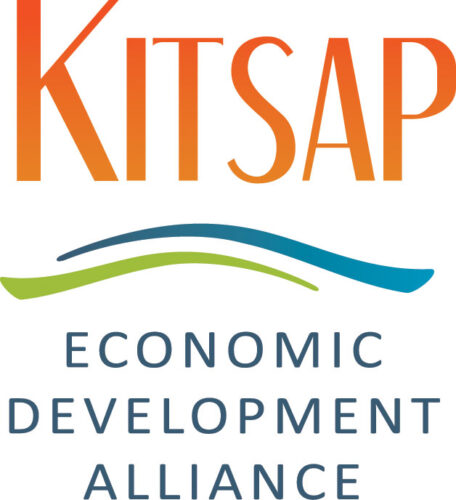The 8(a) Business Development Mentor-Protégé Program has officially been consolidated into the All-Small Mentor-Protégé Program. The goal: to eliminate duplications in regulations and to alleviate confusion between the two programs.
This change has been years in the making. Since the All-Small Mentor-Protégé Program was introduced in 2016, confusion between the two programs has persisted. SBA began looking at how to streamline the programs. We first wrote about the proposed rule changes back in November 2019.
SBA has now implemented its overhaul and consolidation through a final rule; follow along as we take you through what you need to know about the new rules.
In 2016, the SBA capitalized upon its success with the 8(a) Mentor-Protégé Program by adding the All-Small Mentor-Protégé Program (ASMPP), allowing any small business regardless of socioeconomic distinction to act as a protégé. At the time, the SBA kept the separate 8(a) Mentor-Protégé program operational, even though the ASMPP was open to 8(a) companies and offered similar benefits.
With the ASMPP proving successful, the SBA determined that it no longer needed a separate 8(a) Mentor-Protégé Program, and the consolidation would “eliminate confusion regarding perceived differences between the two Programs” and “remove unnecessary duplication of functions within SBA.”
The SBA did some housekeeping with the regulations, revising various rules to clarify SBA intentions and to eliminate references to the 8(a) Mentor-Protégé Program—check out SmallGovCon’s coverage at the bottom of this post where we look at each change in-depth. This post walks you through the highlights on the new mentor-protégé landscape.
The main question I asked when I first saw the new regulations is, “what happens to companies who are already approved under the 8(a) Mentor Protégé program?!” While there is not a clear answer in the regulations, the comments make clear the SBA intends to grandfather them in under the new All-Small umbrella.
If a company is active in the 8(a) Mentor-Protégé Program, its status (as mentor or protégé), remaining term, and other details would remain the same as if the 8(a) Mentor-Protégé Program still exists, but the mentor-protégé relationship will now be administered by the ASMPP office rather than the local 8(a) office.
Let’s look at an example. Protégé, SmallCo, LLC, is an SDVOSB. SmallCo has a mentor, BigCo, Inc. These two have been in the 8(a) Mentor-Protégé Program for two years now. As of November 16, 2020, they will be treated as though they had been in the All-Small Mentor Protégé Program for two years. And, this prior 8(a) mentor-protégé relationship will still count toward the “two-per-lifetime” mentor limit for the protégé.
This makes sense. The goal of the SBA in proposing consolidation was simply to reduce the regulatory burden, casting these protégés out of the program would make no sense. We can take this question off the table, but we still have more issues to address.
Now, we need to take on the next big issue, “if I want to apply for mentor-protégé approval, who do I apply to?” The answer is that the All-Small Mentor Protégé Program office will take over all new certifications and re-certifications. Bookmark the email address: allsmallmpp@sba.gov. This is where you are going to send all your documents, certifications, and questions. The All-Small office is your one-stop shop for all things mentor-protégé, which may be a welcome change from the local review process under the 8(a) mentor-protégé program. The SBA’s goal is to “establish one, unified staff to better coordinate and process mentor-protégé applications.”
The 8(a) Program itself, of course, remains in effect. Only the 8(a) Mentor-Protégé Program is going away. If you are currently an 8(a) program participant, your assigned SBA District Office will continue to oversee all other aspects of your 8(a) participation, including approvals of joint ventures to pursue 8(a) sole source contracts (note that 8(a) joint ventures for competitive 8(a) set-asides no longer require prior approval by SBA under 13 C.F.R. § 124.513(e)). This consolidation and the new regulations apply only to the mentor-protégé program.
How will the mentor-protégé consolidation affect joint ventures? We already know the SBA is doing away with the so-called “three in two” rule. Instead, joint ventures will have the ability to bid and accept as many contracts as they can for the two-year joint venture term. Should the entities wish to join again after the two years have expired, they will need to create a new joint venture. Some commenters wanted the two-year period extended for those enrolled in the ASMPP, but the SBA did not change this language. The SBA believed this would bring around additional headaches and differing regulations for different kinds of joint ventures.
The SBA proposed excluding very large businesses (revenues exceeding $100 million annually) from mentorship. Many mentors and proteges objected, saying that mentorship should not be capped by size. We are happy to report, the SBA abandoned this proposed change. So-called “Super-Sized Mentors” are still allowed under this rule. I wonder if a certain fast-food giant will take up this marketing opportunity…we shall see. In its rationale the SBA stated it, “will continue to allow any business entity, regardless of size, that demonstrates a commitment and the ability to assist small business concerns to act as a mentor.”
SBA will only look at the ability and commitment of the mentor, not the size. This makes sense; the SBA wants to ensure proteges are getting business development assistance, but effective assistance can come from companies over $100 million.
To recap, the 8(a) Mentor-Protégé Program has merged with and is now under the umbrella of the All-Small Mentor-Protégé Program. If you have an existing agreement under the 8(a) Mentor-Protégé Program, you will continue just the same as you were, but now under the new umbrella. The 8(a) mentorship, however, still counts against the two lifetime mentor limit. Any size mentors will still be allowed, as long as the mentor can assist the protégé. Lastly, all mentor-protégé approvals, reports, and related questions will now be handled by the All-Small Mentor-Protégé Program office.
Questions about this post? Email us or give us a call at 785-200-8919.
Looking for the latest government contracting legal news? Sign up for our free monthly newsletter, and follow us on LinkedIn, Twitter and Facebook.
The post Mentor-Protégé Consolidation Goes Live: What Does this Mean for You? first appeared on SmallGovCon – Government Contracts Law Blog.
Syndicated from SmallGovCon

